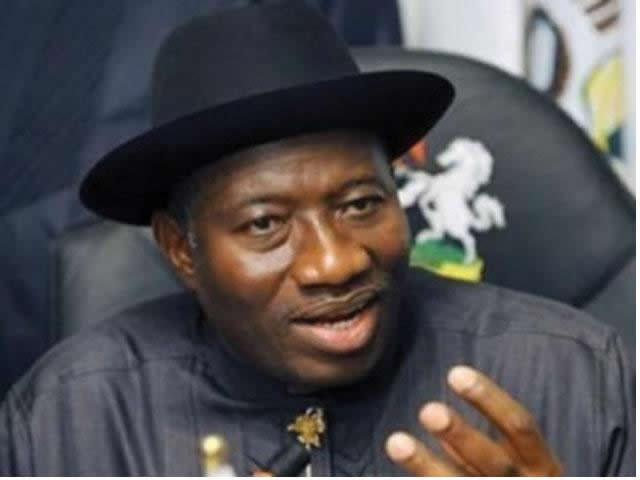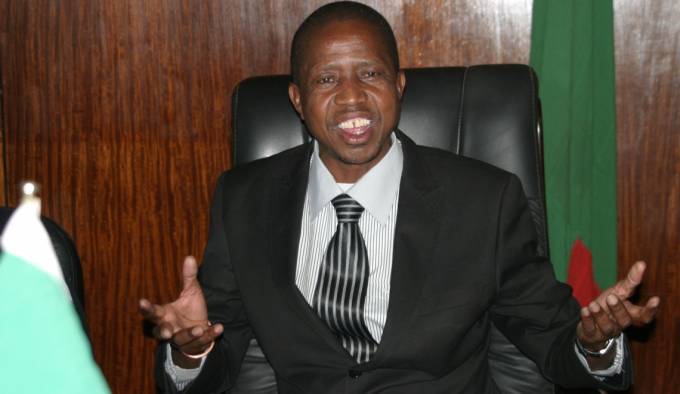LATEST: Nigerian elections: leading candidates

LAGOS – Nigeria’s presidential election on February 14 is set to be a head-to-head contest between incumbent Goodluck Jonathan and former military ruler Muhammadu Buhari.
Goodluck Jonathan, Peoples Democratic Party (PDP)
Jonathan (57), has been in office since May 2011 and is seeking another four-year term. He was endorsed last September by his ruling Peoples Democratic Party (PDP) as its sole candidate.
But the former university lecturer and state governor, from Bayelsa in the oil-producing south, has faced a torrid time, particularly on security.
He came under fire for his lack-lustre response to the mass abduction by Boko Haram militants of 276 schoolgirls from the town of Chibok in northeast Nigeria, in April last year.
Repeated questions have been asked about why Nigeria, with the biggest military in west Africa and a defence budget of billions of dollars, has been unable to defeat the rebels.
On his watch, Nigeria has become Africa’s leading economy and he has claimed successes in improving agriculture, university education and tackling infrastructure problems during his tenure.
But his critics say he has failed to tackle high-level corruption, as well as improve good governance and accountability, while the economy has since tanked because of falling oil prices.
Jonathan, a Christian who draws most of his supporters from the southeast and his native oil-rich Niger Delta region, is the son of a fisherman and claims to have had a poor background.
His rise to the top was unexpected and attributed to good fortune: in 2010 he stepped up from vice-president after the death of Umaru Yar’Adua.
Muhammadu Buhari, All Progressives Congress (APC)
Retired Major General Muhammadu Buhari has tried and failed three times to become president since 1999.
The 72-year-old Muslim from the ancient city of Daura in northern Katsina state, headed Nigeria’s military government from December 1983 to August 1985.
During that time, he earned a reputation for a no-nonsense approach to corruption, although many viewed his jailing of opponents and crackdown on dissent as draconian.
He came to power in a military coup and was also ousted by one. He slipped out of public life, only to return 20 years later as the head of a government development agency using cash from oil sales.
His quest to be civilian president ended in failure in 2003, 2007 and 2011 and complaints of irregularities in all three polls.
But his fourth attempt, for the All Progressives Congress (APC), could be successful, according to analysts, with the government on the ropes over security and the economy.
Buhari, as a former military man and a strict approach to graft and discipline, has been billed by some as the answer, particularly for ending the Boko Haram insurgency. – AFP








Comments